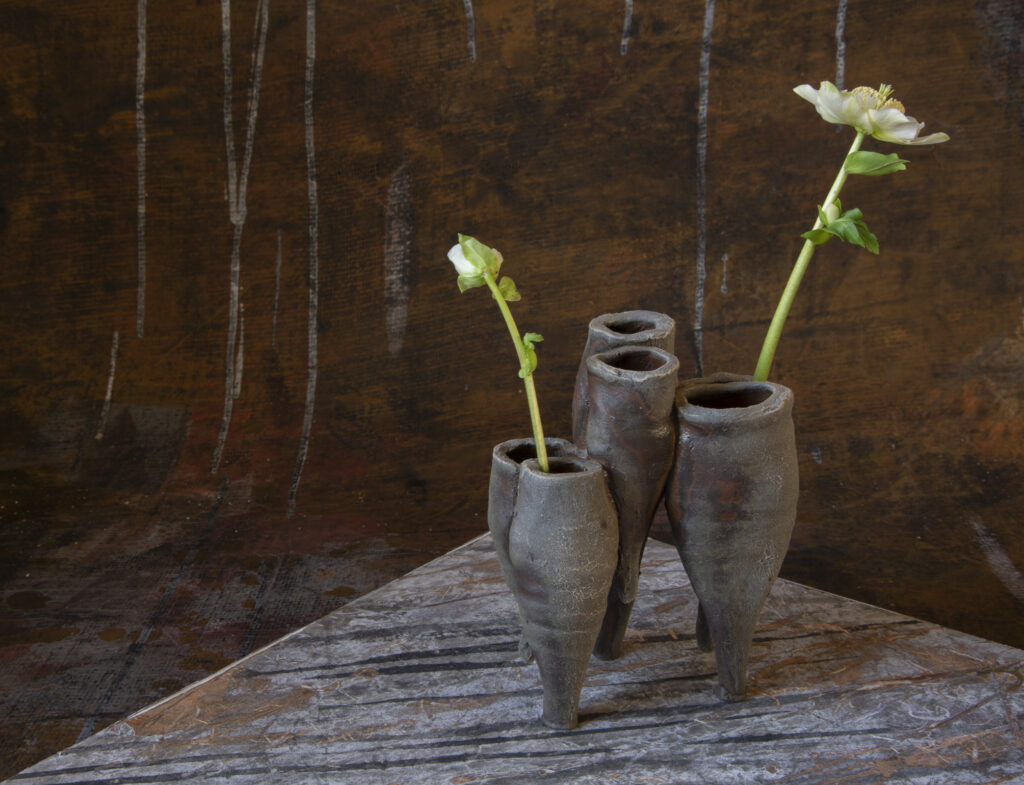It’s been a night in the city sleeping on a fold out couch with a baby who doesn’t feel well in the next room. The night has been interrupted by cries, a car alarm, a voice on the street. Features of the room have drifted in and out of focus as I slipped back into a deep December sleep. Flashes of of what I should have said, shadows of conversations, midnight memories unresolved all mix with my heartbeat and waves of breath. I remind myself of Thich Nhat Hanh and shift my inhale to calm and to exhale with ease. The morning comes. Our grandson is happily babbling in the kitchen while his dad makes coffee and eggs. The window sill comes into focus, the deep blue fades into dawn, edges become clear. The sunlight insists on the solid knowable facts of the day.

But it’s the sun’s light, insistent, interrogatory, that tricks us into believing in the knowable and solid. In those long nights, perspective is not skewed, but opened wider. The moon’s silver quiet light allows for these encounters with the parts of ourselves that hide in caves, the banished parts. The moon knows: we need to see.
–Nina MacLaughlin, from Long Night Moon, The Paris Review